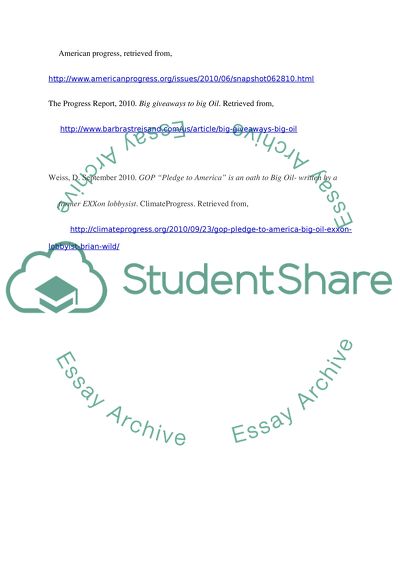Cite this document
(“To what extent is US policy in the Gulf region driven primarily by Dissertation”, n.d.)
Retrieved from https://studentshare.org/family-consumer-science/1413138-to-what-extent-is-us-policy-in-the-gulf-region
Retrieved from https://studentshare.org/family-consumer-science/1413138-to-what-extent-is-us-policy-in-the-gulf-region
(To What Extent Is US Policy in the Gulf Region Driven Primarily by Dissertation)
https://studentshare.org/family-consumer-science/1413138-to-what-extent-is-us-policy-in-the-gulf-region.
https://studentshare.org/family-consumer-science/1413138-to-what-extent-is-us-policy-in-the-gulf-region.
“To What Extent Is US Policy in the Gulf Region Driven Primarily by Dissertation”, n.d. https://studentshare.org/family-consumer-science/1413138-to-what-extent-is-us-policy-in-the-gulf-region.


